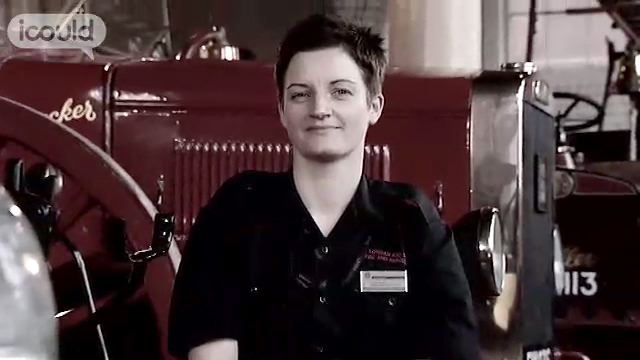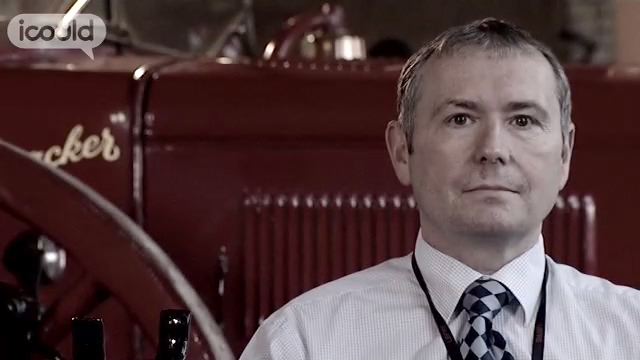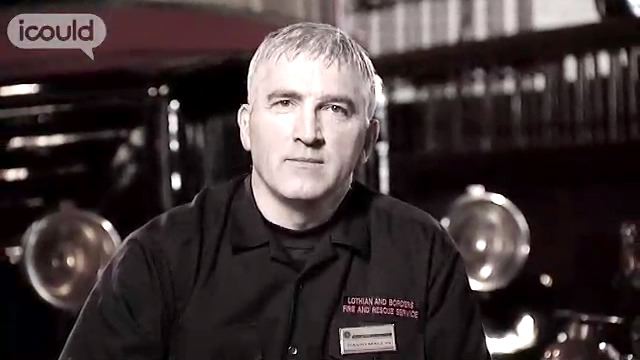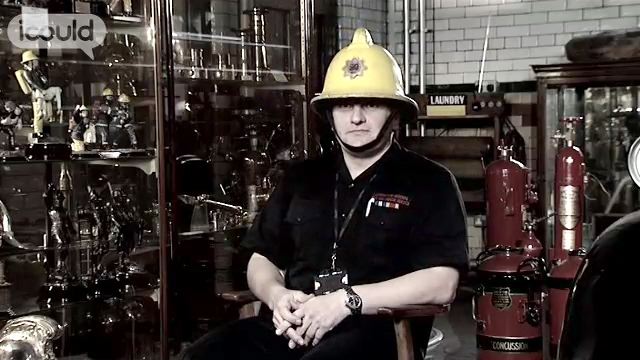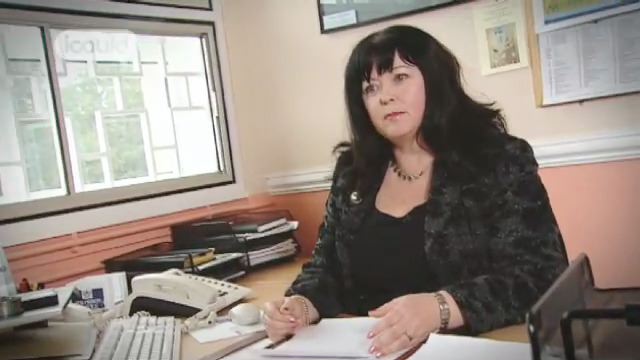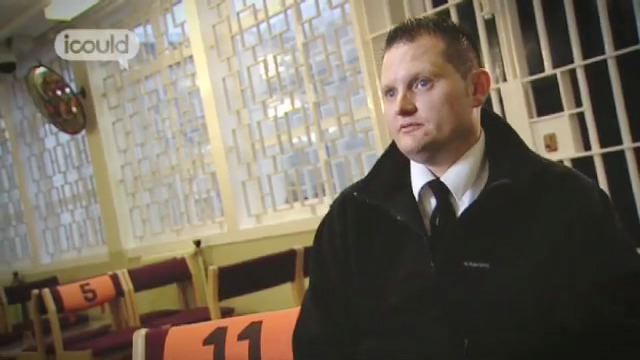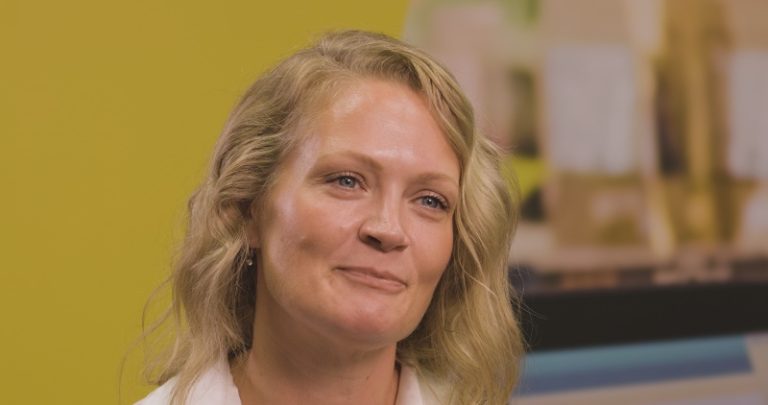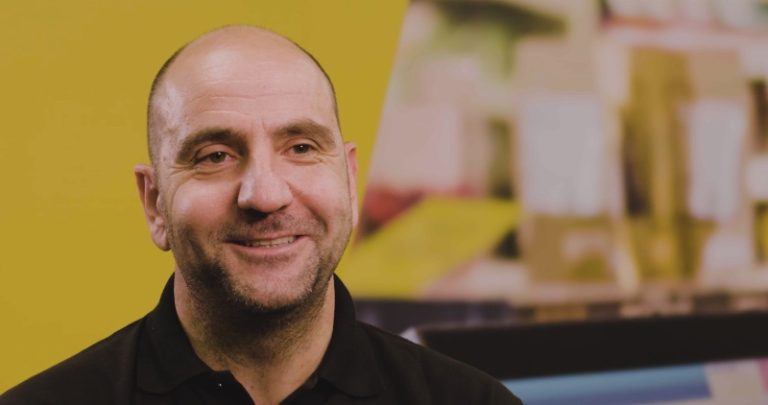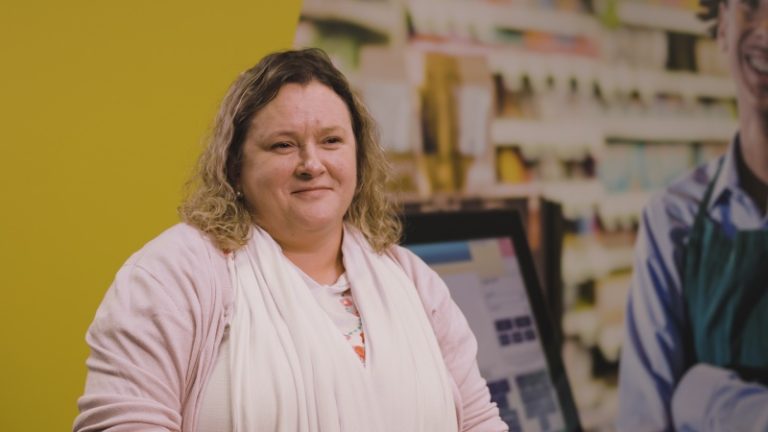Chief Fire Officer
Lothian and Borders Fire and Rescue Service
Brian A
00:00:06 Ok, my name is Brian A. My job title is chief fire officer and I work here at the headquarters of Lothian and Borders Fire and Rescue Service. I suppose first and foremost my job involves going to major incidents because I’m still an operational fire fighter so if we have a major incident within the area of the Lothian and Borders, particularly Edinburgh, then I would be at that major fire, major road traffic accident, leakage of chemicals or any of the other things that you see fire fighters doing.
00:00:36 When I was 10 years old I actually wanted to join the Navy. I wanted to go to sea and see the world. When I was old enough to enter into the job market, my parents were a bit uncomfortable about me leaving home at that time so they fire service in Belfast were advertising. I applied for that advertisement, I got the job and within a week I thought, “This is the job for me,” and I’ve never really wanted to do anything else.
00:01:08 I did have a major decision to take in my career. It was quite a few years ago now in the late 70s I worked in Ardoyne fire station in West Belfast. I was what we now call a watch manager, in those days it was a station officer and that meant I was in charge of one of the watches on that particular station.
00:01:31 It was a very busy station, we were operationally very, very busy, probably the busiest in the United Kingdom and I absolutely loved it. I thought it was the job for me and I thought it would be the job that I wanted to do for the rest of my career. I’ve been lucky in my service that through it I’ve had a number of mentors and one of these mentors was responsible for training in the Northern Ireland Fire Brigade and he came and had a chat to me and said that he felt I could do a good job in training other fire fighters to be able to do the job that I was doing. And I did not want to do it at all. Over about a year he encouraged, cajoled and talked me into a different career path, moving out of the operational sphere into a training based sphere.
00:02:25 And I think I was in my comfort zone in that particular job. I’d been doing it for a number of years, I felt I was quite good at it and I wasn’t really pushing myself. So I didn’t have any additional goals, I didn’t have anything that I wanted to achieve and when I moved out of that comfort zone and started challenging myself I found that there were a range of things I could do. I also got involved in doing a degree with the Open University at that time which gave me the academic confidence that I didn’t have before. And put together those two things actually allowed me to gain the qualifications that I need to do this current job and indeed to progress through my career to be able to do this job and I think it’s that looking for challenges, looking for targets and not accepting that there are things that you can’t actually do. I think most of us can do most things.
00:03:23 I have difficulty in imagining a career in the Navy versus a career in the fire and rescue service but I can say I have absolutely no regrets whatsoever regarding the career path that was chosen for me originally but which I have had a great career in and wonderful experiences and I have a great commitment to this service.
ENDS
Brian A is a Chief Fire Officer, “my job involves going to major incidents because I’m still an operational fire fighter”. He moved from the operational role to training and it gave him a different perspective and he did an Open University degree. Since then he has sought fresh challenges.
